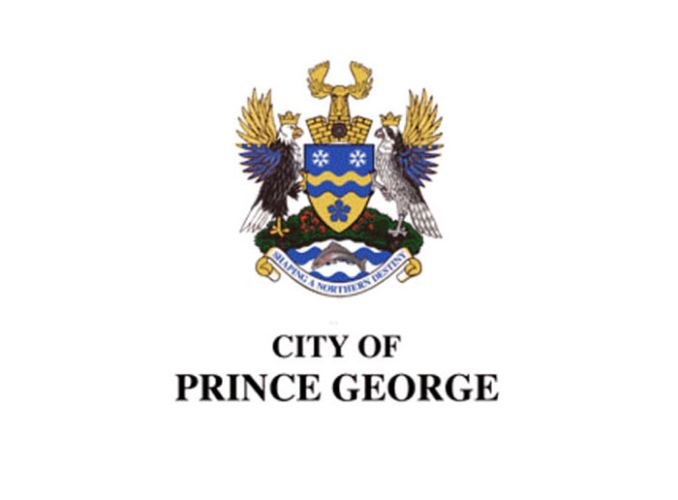Leveling the playing field for alcohol retailers isn't something with which the city should be involved, according to one member of city council.
Coun. Jillian Merrick was the lone dissenting vote during a city council meeting earlier this month where the group directed staff to study establishing a one-kilometre boundary between new liquor sales and existing shops.
That distance already exists in provincial regulation for private and government stores, but it doesn't apply to grocery stores looking to add wine to their shelves.
"I don't think there should be any buffers for anybody," said Merrick, adding that the city's concern should be with zoning and ensuring retailers are in appropriate places.
"The fact is that a lot of families and people purchase liquor on a regular basis and we shouldn't be making those sales outlets difficult for them to reach," said Merrick.
"Lotto, cigarettes, all those things are broadly available across the community. Liquor - I don't know why it's treated so special."
The request for staff to study the boundary came on the heels of a letter to council from the province's Alliance of Beverage Licensees (ABLE BC), which represents the private liquor industry.
Having grocery stores exempt from the one-kilometre rule could "lead to a high density of alcohol retailers in your community, posing serious social consequences and presenting significant concerns for the future of B.C.'s private retailers," said the letter to Mayor Lyn Hall from ABLE BC president Poma Dhaliwal.
The letter also referred to a zoning bylaw change passed in August in Kamloops, requiring one kilometre "as measured in a straight line from the primary retail to the primary retail entrance" between stores.
Getting that bylaw in place was a contentious issues in Kamloops.
After it was initially defeated at the end of July by way of a tie vote, it was brought back for reconsideration at a mid-August meeting and ultimately passed 5-3.
According to Kamloops This Week, the initial decision came after a public hearing where local winery owners and supporters faced off against private liquor and wine store owners for three hours.
During the Oct. 5 Prince George meeting, Coun. Brian Skakun said he was concerned about the issues raised by ABLE BC.
"It really does open up the door to have it at every corner store and if we don't do something with a bylaw then we really, really lose control of the sale of it," Skakun said.
"I'm not opposed to the sale of it, it's just do we want it everywhere or do we want to have some parameters?"
Planning general manager Ian Wells told council that based on past practice, the market generally dictates where a licence holder will be successful.
But it's a different conversation than what normally comes before council with liquor licences said Coun. Frank Everitt.
"Because if a grocery store or a big box store tries to carve out a piece of their floor space and decides to sell liquor it's incremental to the rest of their business so it doesn't have to stand on its own," he said. "Before, when we talked about a liquor licence going to an establishment, usually it stands on its own merit."
Similar legislation is also currently being studied in North Vancouver.



.png;w=120;h=80;mode=crop)